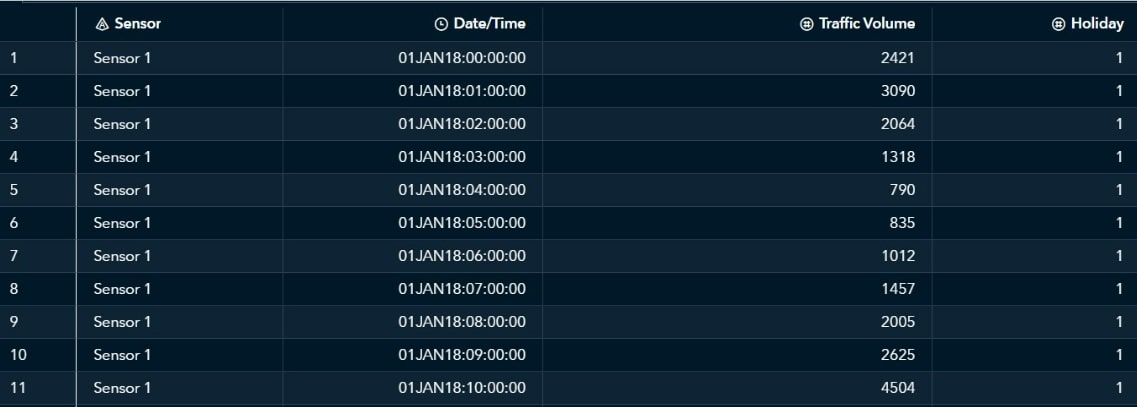Synthetic Data Generation for EV Charging Demand Forecasting
A project focused on overcoming data scarcity in EV infrastructure through synthetic data generation and machine learning.
This project aims to address the lack of granular, publicly accessible data on EV charging demand by generating synthetic data to improve forecasting accuracy. This ongoing research project involves three main phases: synthetic data generation, demand forecasting, and optimization modeling.

Abstract:
With the rapid adoption of electric vehicles (EVs), demand forecasting for charging infrastructure is increasingly essential. Traditional models, reliant on historical data, are limited by data availability. Our project generates high-quality synthetic data using advanced models such as Variational Autoencoders (VAEs) and TimeGAN to replicate realistic EV charging patterns, providing a robust foundation for demand prediction models.
Key Components
-
Synthetic Data Generation:
We employ multiple approaches to create synthetic time-series data that reflects real-world EV charging behavior:- TimeGAN: Focuses on generating time-dependent sequences by combining GANs with RNNs. This model captures both static and dynamic patterns in data.
- VAE (Variational Autoencoder): A probabilistic model that learns to compress and recreate data by encoding it into a latent space. The encoder compresses the input data, and the decoder reconstructs or generates new data from the latent space, maintaining essential features.
- ETS Model (Exponential Smoothing State Space): Selected for cases where deep learning models are unsupported by SAS Viya, providing trend and seasonality capture.
-
Correlation Evaluation:
We assess the quality of synthetic data by calculating feature-wise and time-wise correlations to ensure fidelity to the original dataset. This helps maintain key relationships and temporal dynamics in the data. -
Demand Forecasting with Machine Learning:
Utilizing CNNs and RNNs (LSTM and GRU layers), our demand prediction models capture short- and long-term dependencies in EV charging behavior. Hyperparameter tuning and preprocessing ensure model generalization and accuracy. -
Optimization Modeling:
A Real-Time Pricing (RTP) model is implemented in SAS Viya to adjust charging prices dynamically, enhancing grid efficiency by distributing demand and promoting off-peak usage.
Technical Stack
- Models: TimeGAN, VAE, ETS Model
- Platform: Google Colab, SAS Viya for data generation and optimization modeling, Python
Current Status
This research is still in progress, with ongoing model tuning and evaluation. No final results have been obtained yet.